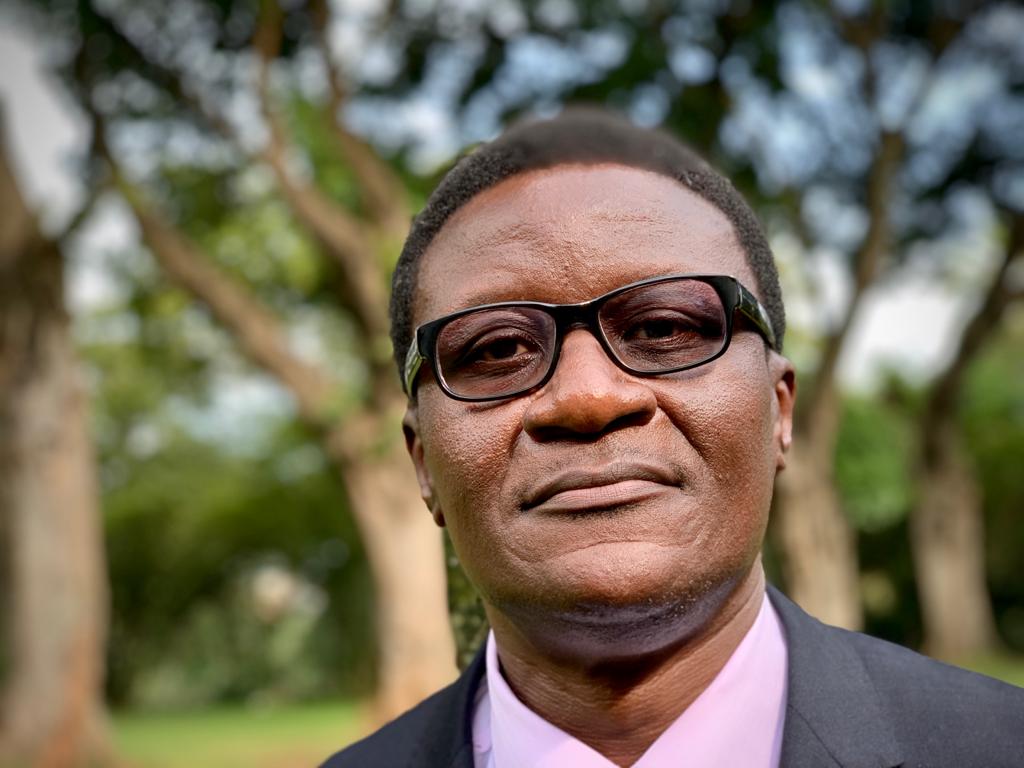|
A 2014 World Bank study showed that sub-Saharan Africa increased the quantity and quality of its research output in the past 20 years. However, taking a deeper look at the numbers, we find out that sub-Saharan Africa produces less than 1% of the published world’s research. But, why? You won’t find all the answers to that question in this article. But what you will find is the story told by Dr John Kachimba, the surgeon working towards the positive transformation of those numbers in Zambia. He recalled that during the early days of the HIV outbreak, in the 80’s, the University Teaching Hospital in Lusaka led the in-country work battling against the epidemic. This work was barely communicated to the rest of the medical community and the information got lost. Dr John Kachimba - who attributes this to Zambia’s history of “doing a lot, but in isolation”- understood then that the lack of sharing information carries severe consequences: some important knowledge can get lost. Dr John Kachimba is Senior Medical Superintendent and Consultant Urologist at Livingstone Central Hospital. He is also Vice Chair of the National Science and Technology Council, and Principal Investigator for SURG-Africa in Zambia. On top of this, Dr Kachimba is an editor of the Medical Journal of Zambia (MJoZ) from where he fights his crusade to improve both quality and quantitiy of scientific writing in his country. To do that he encourages doctors, especially the junior ones, to write as much as possible. He is also facilitating courses where he provides the participants with the basic tools to start academic writing. Why is this all so important? In 1899, Professor Walery Jaworski of the Jagiellonian University in Kraków, suggested that Helicobacter was the cause of gastric diseases. He published those findings in a book titled "Podręcznik chorób żołądka", only available in Polish. Jaworski’s work went unnoticed. He wrote and he published. But he didn’t think much about the audience and the language in which the science speaks. Over a hundred years later Barry Marshall confirmed his findings and published them in English. In consequence he received the Nobel Prize in 2005. How many more stories like that are there, but we will never find out about them? Currently, the Zambian Government faces the challenge of communicating health-related issues in a way that can reach, and be understood by the relevant audience. Dr Kachimba assures that these challenges exist due to the technical language normally used by doctors, a language sown with complex jargon that makes dialogue with laypeople difficult. However, some practices are already in place in Zambia with the purpose of bringing health outreach to the general public, in order to make health a national concern. Dr John Kachimba is adamant that “a report in a shelf does very little unless people make use of it.” That is why he is unstinting in his efforts to make doctors, surgeons and health professionals understand the importance of connecting with people using tailor-made messages. Although African authors’ research have a poor representation in international journals, there are people working hard to galvanize the enthusiasm for writing and for sharing their findings. Dr Kachimba hopes that doctors in Zambia will help to break through the ceiling of unpublished research; he is determined to be part of this awakening.
2 Comments
Howard
11/3/2020 09:00:05 pm
This is what we need to do for our efforts to be appreciated.
Reply
Leave a Reply. |


 RSS Feed
RSS Feed